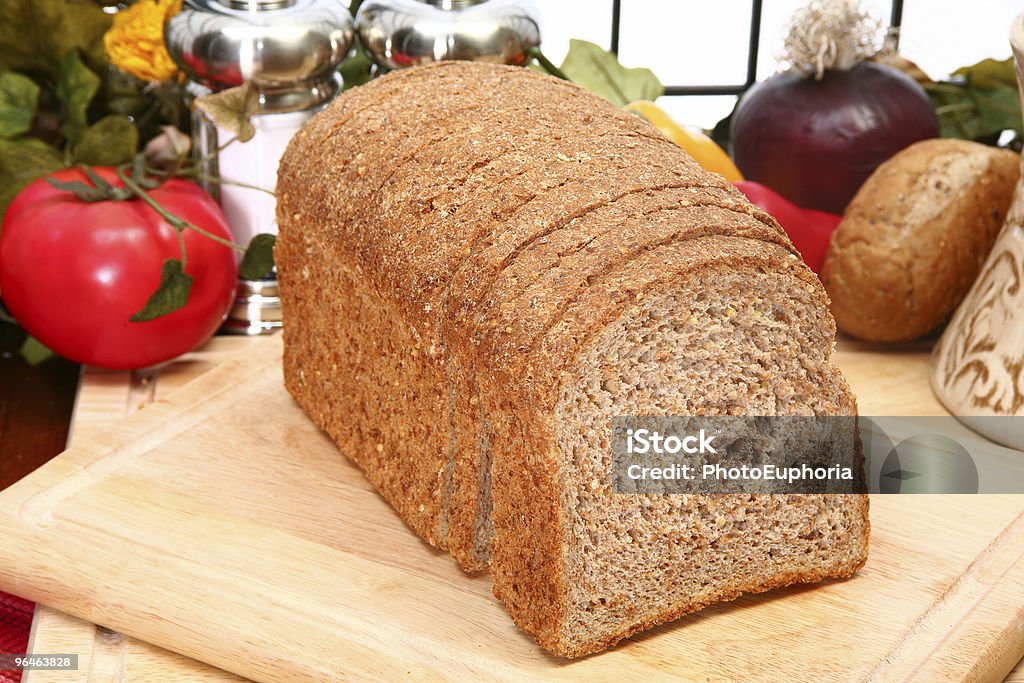
Image credit: istock by PhotoEuphoria
Nutritional benefits of Ezekiel bread
Ezekiel bread is made of sprouted grain, flourless, and packed with vitamins and minerals. The final product gives a dense texture, as I remember, the absence of yeast provides the customer with a unique flavor than regular bread. For me, I’m not a fan of the dense texture, but I love the flavor. As Gunnars from Healthline mentions. The bread is sprouted, which helps reduce anti-nutrients. Vitamin and mineral deficiencies are prevalent in a person’s diet if the grain is not sprouted. For example, Awulachew provides evidence that fermented sourdough bread is the most beneficial than other types of bread, and baking methods, such as, more phytonutrients and antioxidants. The sourdough method provides quality and nutrition for the final product. Personally, I enjoy the taste, aroma, and flavor of sourdough bread. Lastly, the article suggests more research is needed to find out the relationship between dough volume, baking method, and nutritional availability. Even though this is not sprouting, the fermentation method is one of the baking methods that provide bioavailability of nutrients—minerals and vitamins—that are not absorbed with unsprouted grains by the body. The addition of sprouted grain in sourdough bread is an option, which can increase the nutrient content of the bread. Therefore, vitamin and mineral deficiencies can be resolved with sprouted grains, reducing anti-nutrients, and improving the nutritional component of the bread.
Continue reading